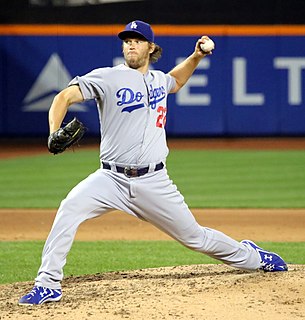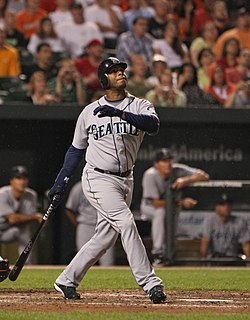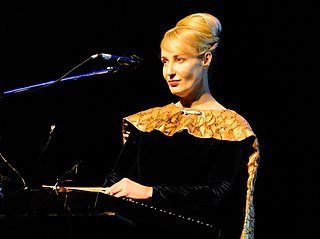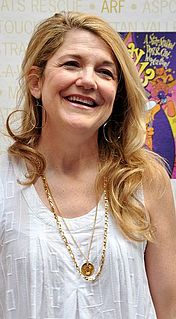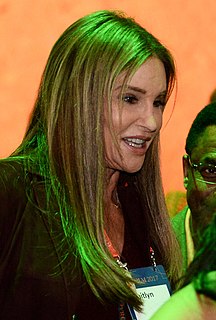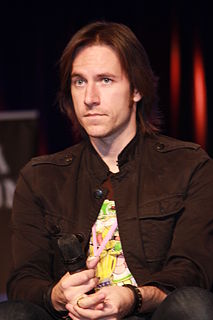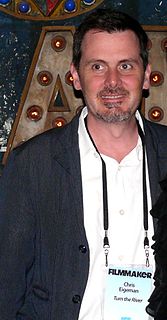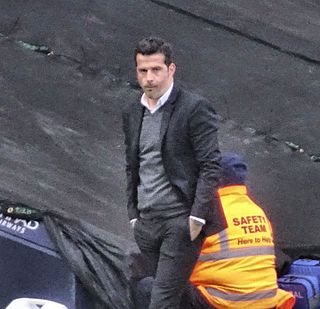A Quote by Rush Limbaugh
My objective is to satisfy [my] audience so they come back the next day.
Related Quotes
My work is very dear to me, and certainly I have had all the emotional highs and lows that go with trying to get it to an audience. But I do have some kind of detachment that seems somewhat unusual in my trade. I'm a writer who writes every day. I don't have a period of months where I can't get anything done and I wander around tearing my hair out. When I come back from a book tour, for instance, I might have one day where I sleep late and then check my e-mail, and then go for a walk, and then the next day I'm really itching to get back at writing a story.
To me, the definition of focus is knowing exactly where you want to be today, next week, next month, next year, then never deviating from your plan. Once you can see, touch and feel your objective, all you have to do is pull back and put all your strength behind it, and you'll hit your target every time.


